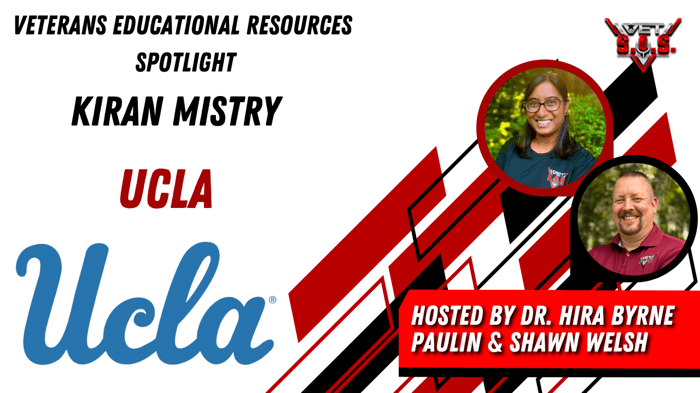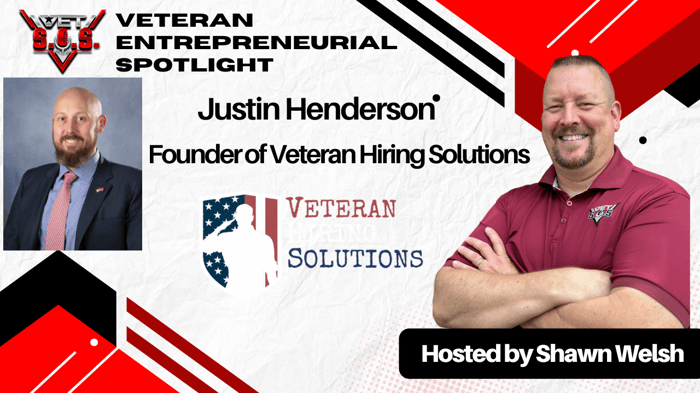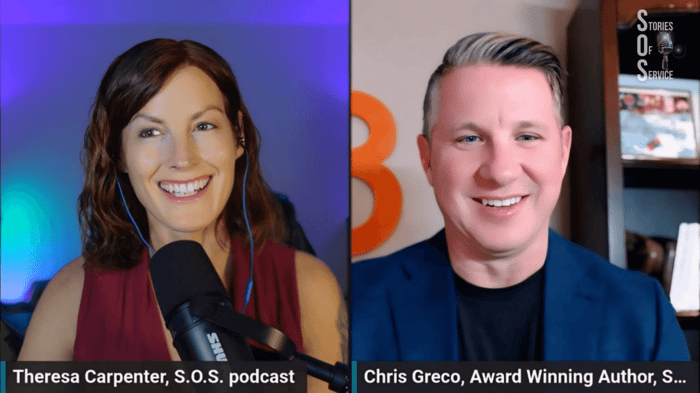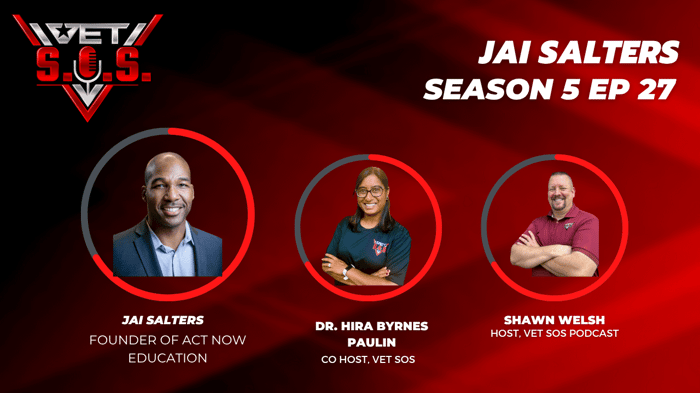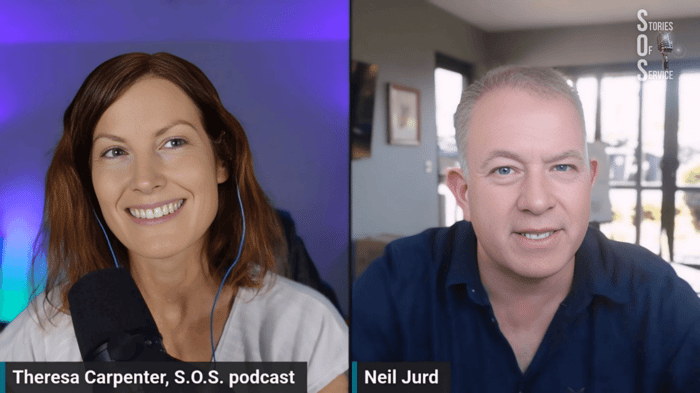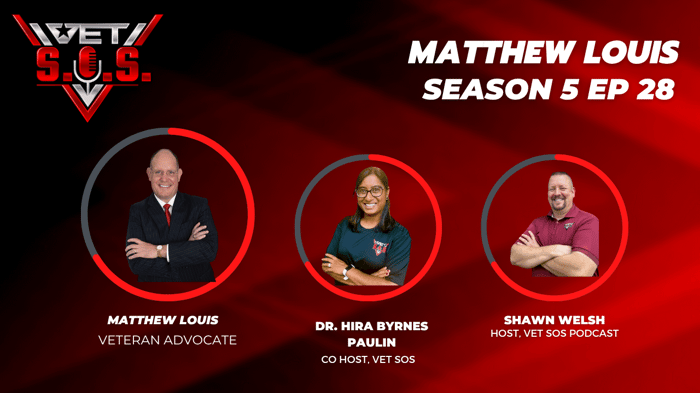Veteran Education in Action: How UCLA’s Kiran Mistry is Shaping Student Success
Veteran education has come a long way from the days of limited resources and fragmented support. Today, institutions like UCLA are not just welcoming military-connected students—they're building communities that help them thrive. At the heart of this effort is Kiran Mistry, the Assistant Director of UCLA’s Veteran Resource Center (VRC), whose unique background and commitment to service have made a profound impact on the landscape of veteran education.
In this episode of the VET S.O.S. Veteran Educational Resources Spotlight, co-hosts Dr. Kiernan and Dr. Karen sit down with Kiran to explore how UCLA is creating one of the most supportive and holistic environments in higher education for veterans, spouses, and dependents.
From Sports to Support: Kiran’s Unconventional Journey
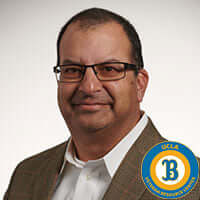 Kiran Mistry
Kiran MistryBefore becoming a leader in veteran education, Kiran Mistry had a very different career. Armed with a degree in accounting, he initially pursued a traditional path. But coaching volleyball during his free time sparked a passion that led to a 20-year journey across North America. He coached at institutions like UNC Chapel Hill, Cal State Northridge, and the University of Calgary, eventually becoming a well-respected figure in collegiate athletics.
When it was time for a change—driven in part by family priorities—Kiran transitioned into higher education administration. Despite having no direct experience in student affairs, UCLA saw potential in his leadership, mentorship, and program-building abilities. That leap of faith would result in one of the most dedicated advocates for veteran education in the UC system.
Championing Veteran Education at UCLA
Since joining UCLA in 2009 and stepping into the VRC role in 2021, Kiran has worked to ensure that veteran education is more than just an enrollment statistic—it’s a lived experience defined by inclusion, opportunity, and community.
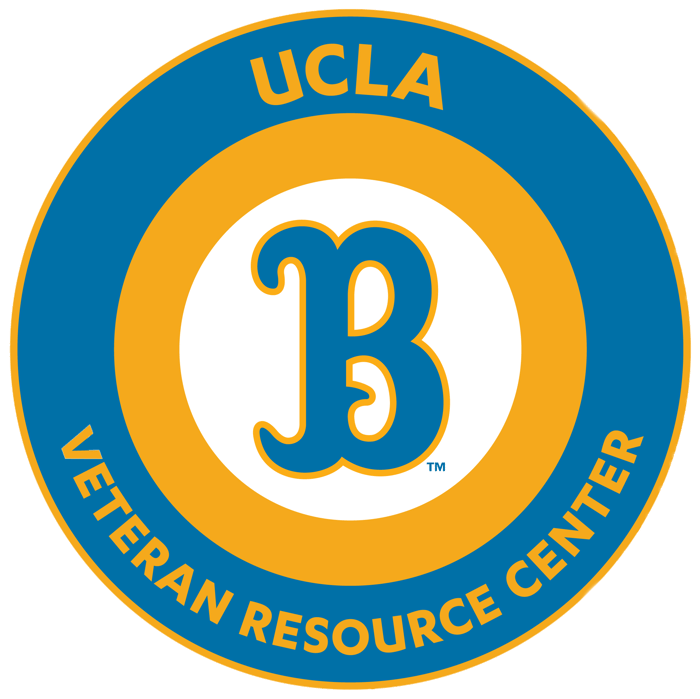 UCLA’s Veteran Resource Center is located in the heart of campus, perfectly positioned between academic buildings and residence halls. But its impact goes far beyond geography. The VRC is a place where veterans, dependents, and spouses can find resources, mentorship, academic support, and—perhaps most importantly—a sense of belonging.
UCLA’s Veteran Resource Center is located in the heart of campus, perfectly positioned between academic buildings and residence halls. But its impact goes far beyond geography. The VRC is a place where veterans, dependents, and spouses can find resources, mentorship, academic support, and—perhaps most importantly—a sense of belonging.
“Veteran education isn’t just about getting a degree,” Kiran says. “It’s about building confidence, finding purpose, and being part of something bigger.”
Peer-Led Programs and Pathways
One of the VRC’s greatest strengths is its peer-led Career Pathway Programs. These initiatives guide students through the often overwhelming process of applying to graduate schools or launching professional careers. Whether it’s pursuing medicine, law, research, or another specialized field, veterans at UCLA don’t have to navigate the journey alone.
Kiran notes that many of these programs are created and run by the students themselves. From mentorship groups to academic success planning, veterans and military-connected students are empowered to help each other.
This peer-driven model embodies the spirit of veteran education: learning not only in the classroom but through community support and shared experience.
Supporting Graduate-Level Veterans
A frequently overlooked aspect of education is the growing number of veterans entering graduate programs. At UCLA, roughly 30% of the military-connected student body are pursuing advanced degrees. That includes everything from MBAs and MDs to PhDs and JDs.
To support these students, the VRC organizes specialized meet-and-greet events, helping them network across disciplines and build meaningful connections. These gatherings often lead to collaborations, such as engineering students teaming up with MBA candidates on class projects or law students discussing healthcare law with med school peers.
“They all have three things in common,” Kiran explains. “They’re veterans or dependents, they’re in grad school, and they don’t know each other—yet.”
Elevating Awareness Through Storytelling
Kiran and his team also understand that effective veteran education starts long before a student sets foot on campus. That’s why they’ve invested in digital storytelling through their UCLA Veterans Resource Channel on YouTube.
These videos share real stories from real students—many of whom are navigating challenges, balancing family and academics, or landing high-profile internships at companies like Tesla. The goal is to demystify the path to higher education and show prospective students that success is not only possible—it’s happening every day.
“Not everything’s going to float your boat,” Kiran says with a smile. “But if you’re already watching VET S.O.S., you’ll probably enjoy what our students are putting together.”
Filling the Gaps in Veteran Education
One of the most powerful themes throughout the episode is the need to fill the gaps in education—those areas where VA benefits or traditional university services fall short.
Take dentistry, for example. Veterans who get accepted into dental school may find themselves facing a $20,000 bill for a required kit that isn’t covered by VA benefits. The same goes for bar exam prep for law students or MCAT tutoring for pre-med students.
Kiran and his team advocate internally with deans, and externally with donors, to create safety nets that catch students before they fall.
“Veteran education should be about more than just checking a box,” Kiran explains. “It should meet students where they are and get them where they want to go.”
Encouraging Exploration and Choice
A major takeaway from this episode is the value of exploration and choice in veteran education. Kiran encourages veterans to apply to a range of schools—some they know they’ll get into, some that are a stretch, and everything in between.
“If you go to an ice cream shop with 20 flavors but they’re all vanilla, you don’t really have a choice,” he jokes. “We want our students to have options—and the power to choose what’s right for them.”
This philosophy underscores everything the VRC does. Whether it’s providing tutoring resources, networking events, or just a welcoming space to ask questions, UCLA is making sure veterans have a voice in shaping their educational journey.
Real Impact, Real People
At the end of the day, the most compelling case for the power of veteran education is the impact it has on real people. Kiran shares stories of students who didn’t excel in high school but are now getting multiple offers from top-tier med schools. Others are balancing family, work, and studies while still finding time to give back to the veteran community.
Thanks to the culture Kiran and his team have built, these students aren’t just surviving—they’re thriving.
Final Thoughts: It Takes a Village
The VET S.O.S. podcast often talks about building a village—and this episode is a perfect example of what that looks like in action. Kiran Mistry’s journey from accounting to coaching to directing veteran support at UCLA is proof that passion and purpose can transform lives.
Whether you’re a transitioning service member, military spouse, or dependent considering higher education, Kiran’s message is clear: you are not alone. There are programs, people, and communities ready to help you succeed.
So if you’re looking for inspiration, guidance, or just a reason to believe in the power of veteran education, this episode is a must-watch.
